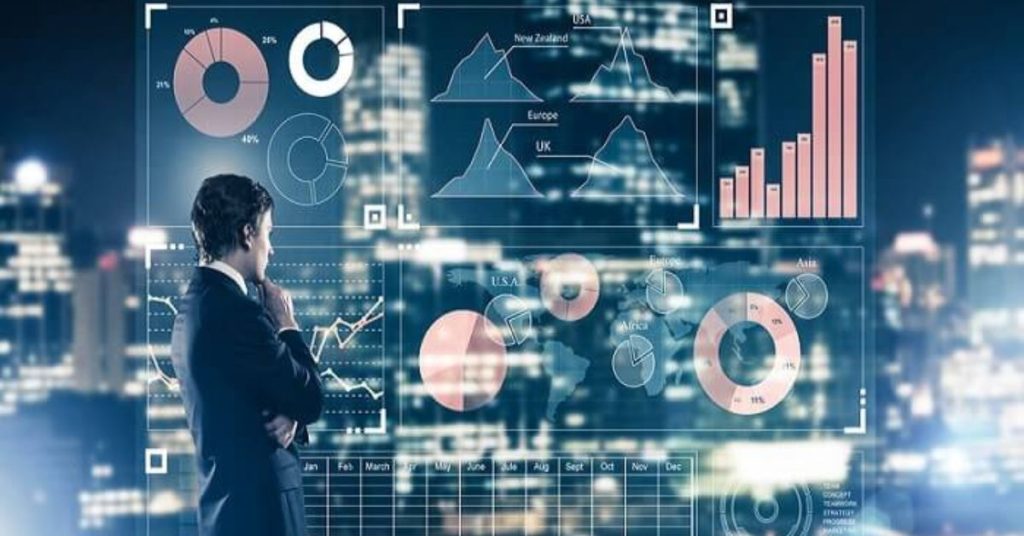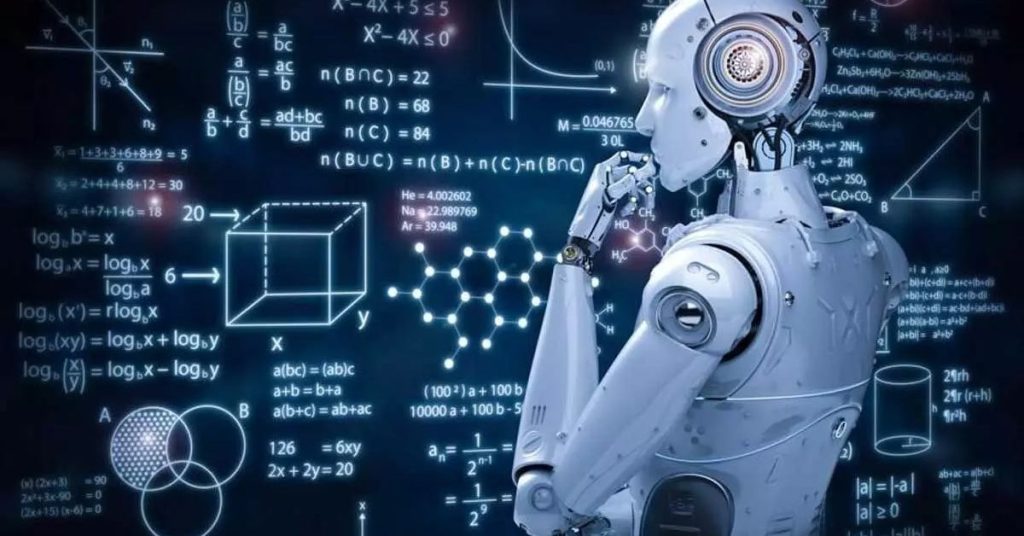
How Data Science and Machine Learning are Transforming Event Planning
Imagine harnessing the power of data to craft the perfect event. Every gathering, from weddings to concerts to corporate retreats, generates valuable data. By leveraging this data, you can design more successful events in the future. Welcome to the transformative world of data science and machine learning in event planning.
These technologies are revolutionizing various industries, and event planning is no exception. Data science and machine learning offer groundbreaking insights that drive better decision-making, enhance efficiency, and boost success rates. Picture the myriad tasks of an event planner: venue selection, date coordination, staff management, promotion, and guest satisfaction. Navigating this data maze manually can be overwhelming. This is where data science and machine learning simplify the process, providing sophisticated solutions that manual methods can't match.
Data science combines mathematics, statistics, and computer science to extract information from big data. It identifies patterns and trends that can help replicate successful event elements. Machine learning, a subset of data science, enables systems to learn from data and improve operations. It can predict audience behavior and suggest adjustments based on emerging trends, such as scheduling youth-oriented speakers at times when younger audiences are most engaged.
By 2027, the global event management software market is expected to reach $11.4 billion, driven by advanced technologies like data science and machine learning. These tools transform event planning from a static checklist to a dynamic, sophisticated process, incorporating predictive analytics and machine learning algorithms to extract meaningful patterns from large datasets.
Data Science: The Basics
Data science involves collecting, analyzing, and interpreting vast amounts of data. This data can reveal insights into attendee behavior, ticket sales, popular topics, and preferred locations. Machine learning algorithms can predict attendee preferences, helping fine-tune event elements like agendas, food, and entertainment.

Machine Learning: The New Frontier
Machine learning can predict event success based on historical data, optimize pricing, marketing strategies, and resource allocation. For example, Europe's Roskilde Festival used these techniques to optimize facilities and vendor locations, improving the overall attendee experience.
Real-Time Optimization
Machine learning allows real-time adjustments during events, ensuring resources are appropriately allocated and issues are addressed before they escalate. This capability enhances operational efficiency and attendee satisfaction.
Personalization
Data science and machine learning enable personalized event experiences by analyzing attendee data to tailor aspects such as food, reminders, and networking sessions. This personalization can significantly enhance ROI and participant satisfaction.
Success Stories
Netflix used data science to plan promotional events for the "Stranger Things" Season 3 premiere, targeting engaged user segments and boosting brand engagement. The NBA's All-Star Weekend planning incorporates real-time and historical data, enhancing event design and viewer enjoyment. Festival Republic's use of data science for the Reading and Leeds music festival improved operational efficiency and attendee experience.
Conclusion
Data science and machine learning are reshaping event planning, offering tools to optimize resources, enhance participant satisfaction, and maximize ROI. These technologies provide invaluable insights, transforming events from concept to execution. Embrace the future of event planning with data-driven strategies to create memorable, successful events.
Comments (0)